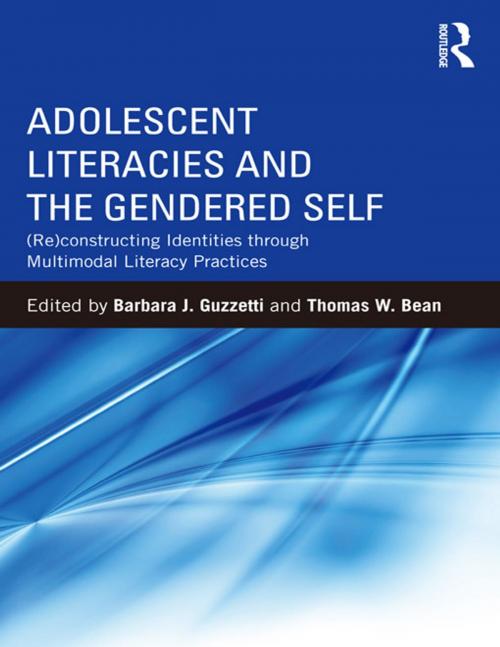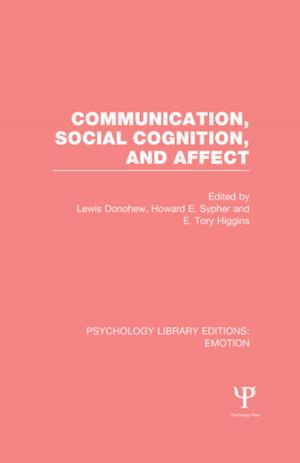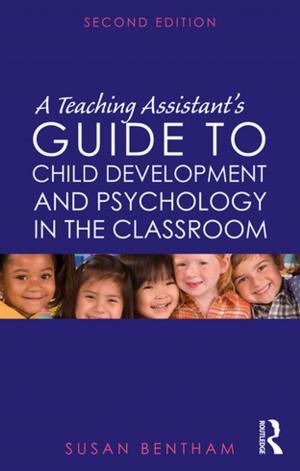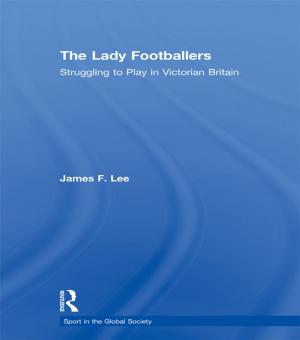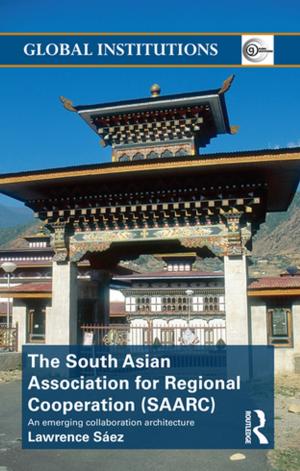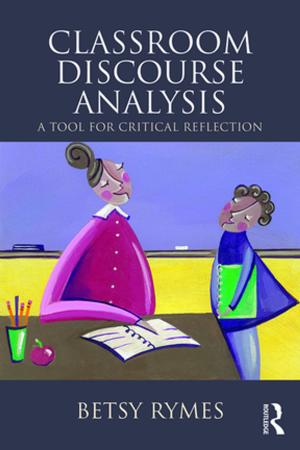Adolescent Literacies and the Gendered Self
(Re)constructing Identities through Multimodal Literacy Practices
Nonfiction, Reference & Language, Language Arts, Literacy, Social & Cultural Studies, Social Science, Gender Studies, Education & Teaching| Author: | ISBN: | 9781136199189 | |
| Publisher: | Taylor and Francis | Publication: | November 12, 2012 |
| Imprint: | Routledge | Language: | English |
| Author: | |
| ISBN: | 9781136199189 |
| Publisher: | Taylor and Francis |
| Publication: | November 12, 2012 |
| Imprint: | Routledge |
| Language: | English |
Today’s youth live in the interface of the local and the global. Research is documenting how a world youth culture is developing, how global migration is impacting youth, how global capitalism is changing their economic and vocational futures, and how computer-mediated communication with the world is changing the literacy needs and identities of students. This book explores the dynamic range of literacy practices that are reconstructing gender identities in both empowering and disempowering ways and the implications for local literacy classrooms. As gendered identities become less essentialist, are more often created in virtual settings, and are increasingly globalized, literacy educators need to understand these changes in order to effectively educate their students.
The volume is organized around three themes:
- gender influences and identities in literacy and literature;
- gender influences and identities in new literacies practices; and
- gender and literacy issues and policies.
The contributing authors, from North America, Europe, and Australia offer an international perspective on literacy issues and practices. This volume is an important contribution to understanding the impact of the local and the global on how today’s youth are represented and positioned in literacy practices and polices within the context of 21st century global/cosmopolitan life.
Today’s youth live in the interface of the local and the global. Research is documenting how a world youth culture is developing, how global migration is impacting youth, how global capitalism is changing their economic and vocational futures, and how computer-mediated communication with the world is changing the literacy needs and identities of students. This book explores the dynamic range of literacy practices that are reconstructing gender identities in both empowering and disempowering ways and the implications for local literacy classrooms. As gendered identities become less essentialist, are more often created in virtual settings, and are increasingly globalized, literacy educators need to understand these changes in order to effectively educate their students.
The volume is organized around three themes:
- gender influences and identities in literacy and literature;
- gender influences and identities in new literacies practices; and
- gender and literacy issues and policies.
The contributing authors, from North America, Europe, and Australia offer an international perspective on literacy issues and practices. This volume is an important contribution to understanding the impact of the local and the global on how today’s youth are represented and positioned in literacy practices and polices within the context of 21st century global/cosmopolitan life.
